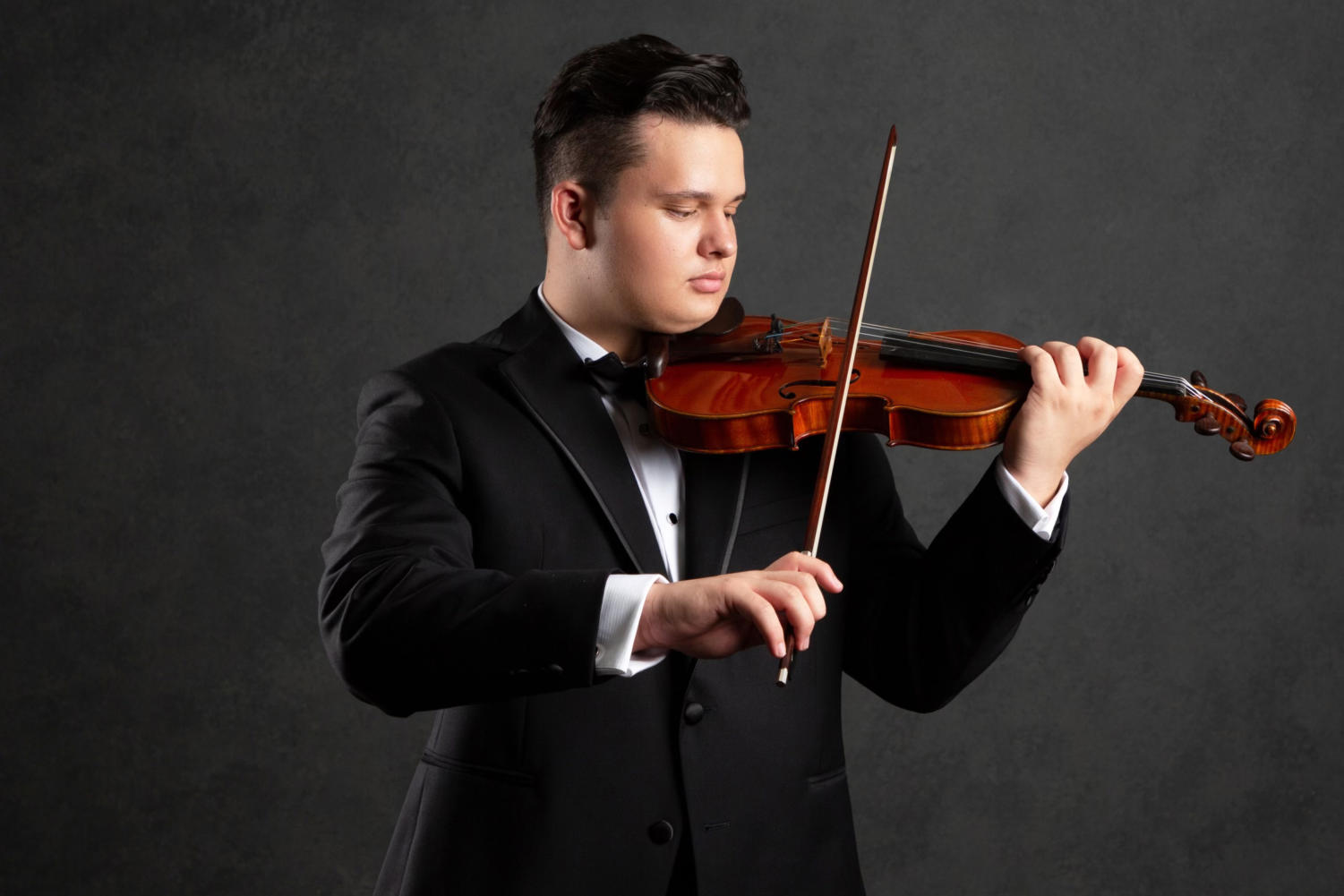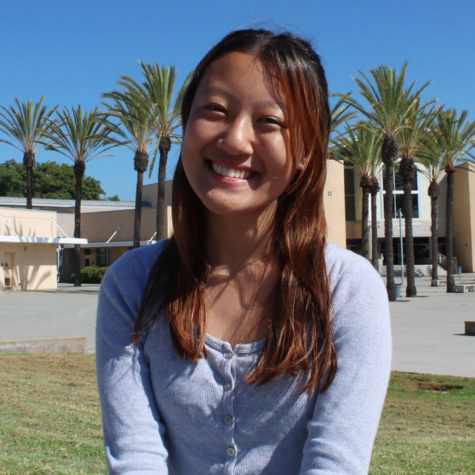Khurana pursues future in violin
February 10, 2023

Sunny Khurana (12)’s time spent playing the violin has been much like a sonata form. Not to be confused with a sonata, a sonata form is how a movement can be structured.
In the exposition, theme—or clear melodies— are first introduced by the composer.
When Khurana was in fourth grade, a family friend, who played violin professionally, was staying with his family. After hearing him practice every morning, Khurana resolved to learn to play.
“I loved playing when I first started because I was at first trying to imitate his sound, which made me love the instrument in the first place,” he said. “As for now, I love playing the violin simply because I absolutely love the instrument’s repertoire, along with that of all classical music. This is the only life and career that I could imagine.”
He began studying violin with Alexander Palamidis, who is the principal second violinist at the San Diego Symphony, and it was initially just a hobby. Throughout middle school, he participated in the Intermediate Mainly Mozart Youth Orchestra, which provided Khurana with the opportunity to play in a large, orchestral ensemble.
In seventh grade, he won first place at the Mainly Mozart Youth Orchestra Solo Competition.
Development: these themes are reworked using composing techniques like sequencing, augmentation, inversion, and new rhythms. It has tonal instability.
After a string of competition losses in eighth grade, his passion for violin began to dwindle in February 2019.
“I felt very defeated and saw music as a chore, rather than a passion,” Khurana said. “That’s when you first get introduced to the toxic emotions that most musicians feel at some point, which is feeling like you’re not good enough, that you don’t do enough for yourself when it comes to music, you don’t work hard enough.”
Each day, he no longer practiced as long as he usually did, and his mom began to notice.
“[My mom] told my teacher that ‘Sunny stopped practicing: what I do?’” Khurana said “[She asked,] ‘Do I tell him to [practice]?’ And so he said, ‘Don’t force him to practice. He’ll come back eventually. If you force him to practice he’s going to quit.’ And I think he was probably right. I think if my mom forced me to practice, I probably would have quit and I think that probably saved my violin career.”
He played every day, not because he was dedicated or particularly passionate, but because he was afraid of losing his skill.
Recapitulation: the original themes in the exposition are played once again in the same key. The tonality stabilizes.
During his freshman year, when he joined the Mainly Mozart Advanced Orchestra, he regained his original passion for violin, surrounded by serious musicians whose own passion and skill inspired him.
“I never thought much of [playing the violin] as a career until my freshman year of high school, and I think the reason for that was because [I was] playing in [an] ensemble for the first time with other people in a more serious setting,” Khurana said. “When I first experienced taking ensemble music that seriously, I realized that I wanted to pursue violin as a career.”
He then joined the First Violinist of The Beach Quintet, which was a group of five-string instruments that played at venues around San Diego. They did this while competing in the prestigious Fischoff National Chamber Music Competition, one of the largest competitions for chamber music in the world, at Notre Dame University. While playing the Piano Quintet in A Major by Schubert, Khurna said his quintet played with intention.
“I think we definitely thought about what all the different sections in the piece meant before we were performing,” he said. “We had a good idea of what we felt and we tried to convey that in terms of expression, like how we articulate the notes. Sometimes, we think about how we can make the instrument sound like it’s crying or just talking, or just singing.”
In a competitive field, Khurana said he hopes to seek higher education to develop his sound. He has had in-person auditions at the Oberlin Conservatory of Music in Ohio, Indiana University Jacobs School of Music, and The Juilliard School in New York.
When choosing a college, prospective music students choose a specific instructor they would like to study with, rather than a college itself.
At his audition for Julliard, Khurana was in a good state of mind as he faced the five adjudicators. As he peered out a window that faced him, he saw a half-forest and half-city landscape. He would drift off, astonished that he was really in New York City, playing the violin. Although he can’t say with certainty how he did, he knew he was well-prepared.
He was most confident with his in-person audition at Oberlin Conservatory.
“I think that [for] a musical career in general, it’s never a steady line going up,” he said. “The highs are always really high, the lows are incredibly low, and we deal with rejection after rejection, some victories, and that’s just all part of it. I think [musicians] have to learn to never take things personally because if we assign our worth to [whether or not] we pass an audition or based on what one person might have said, it gets destructive very quickly. Wherever the end is, it’s going to be very up and down until then. But so far, I guess you could say that my violin journey has kind of been like sonata form.”


